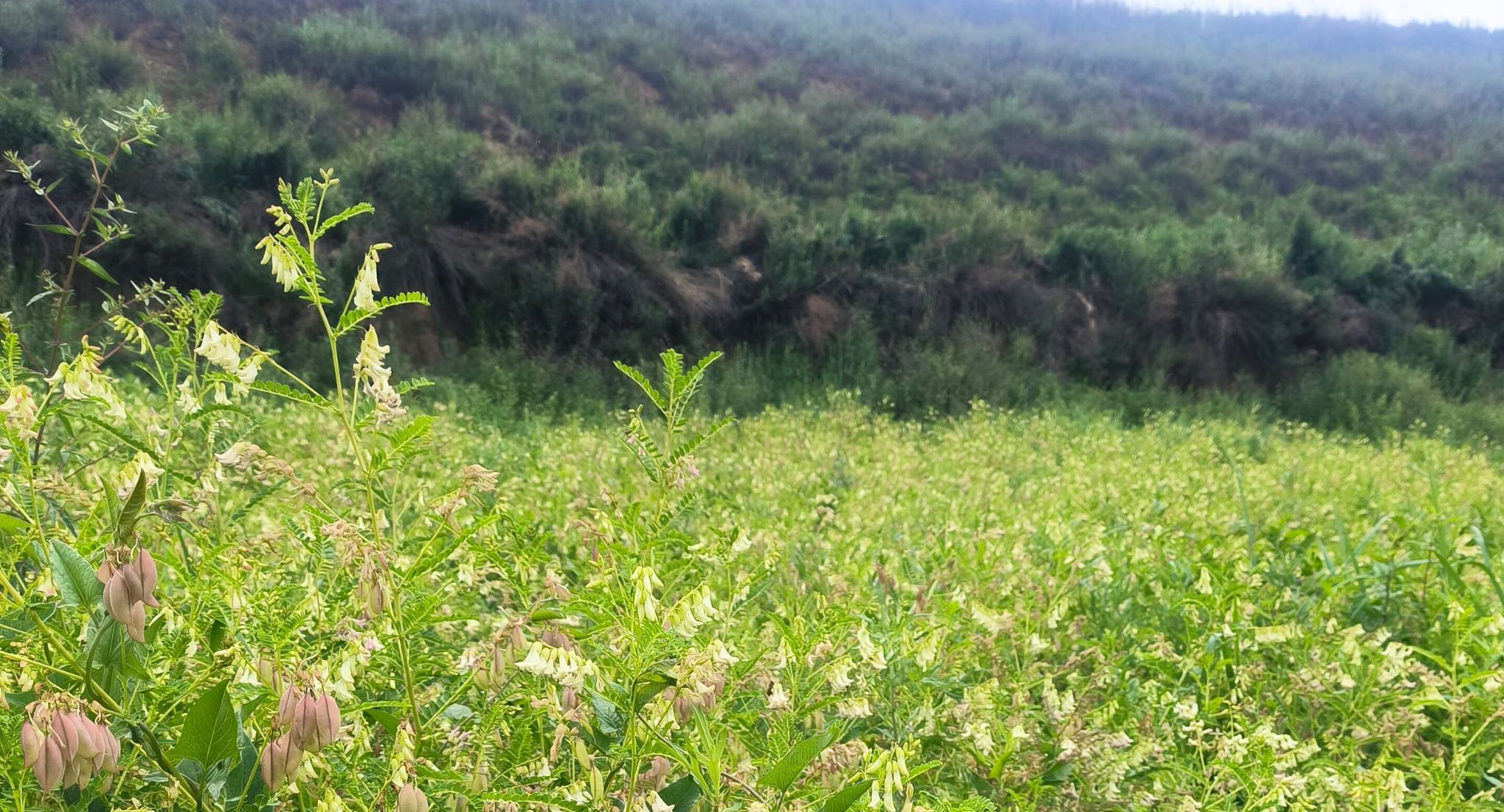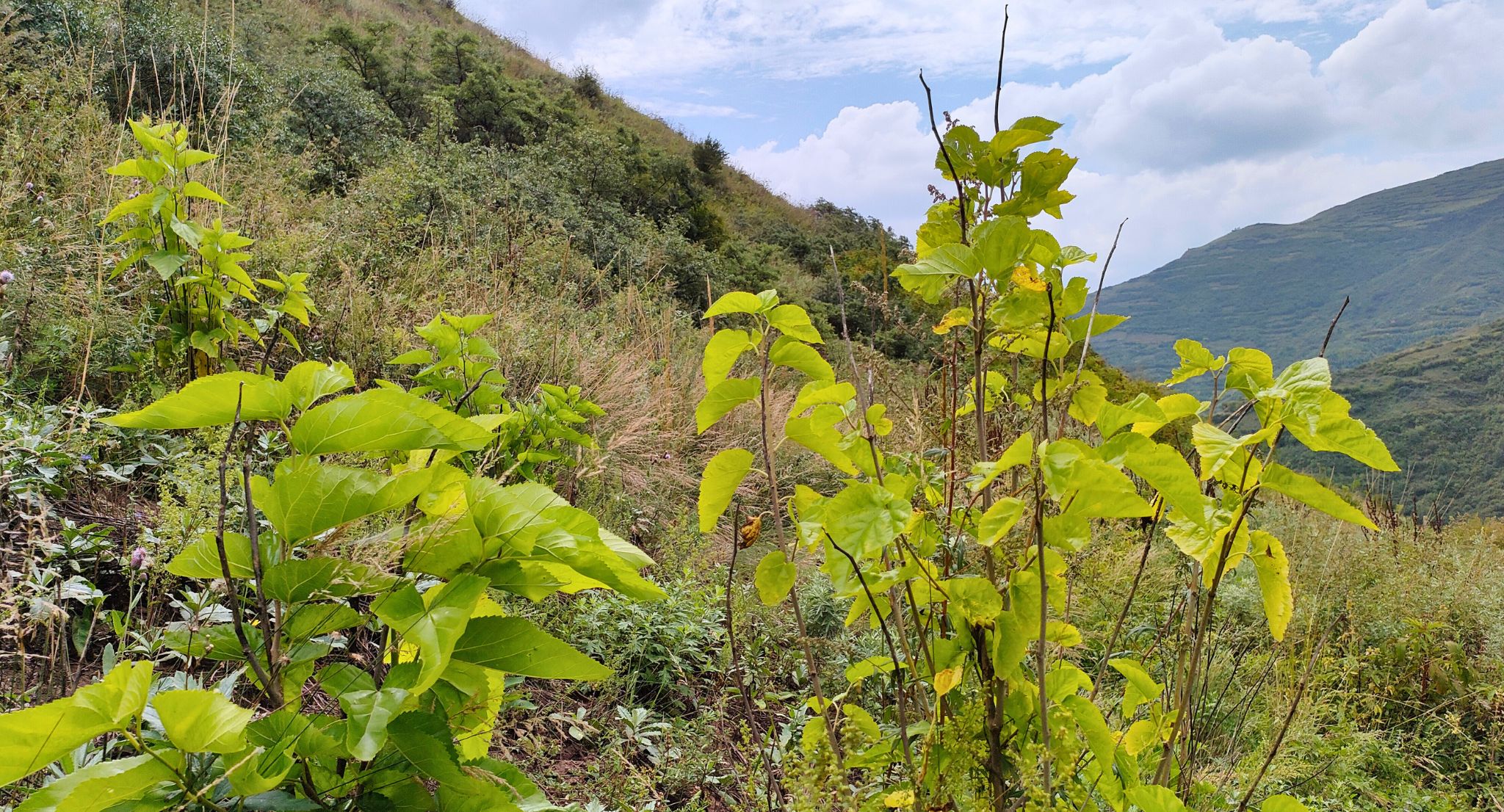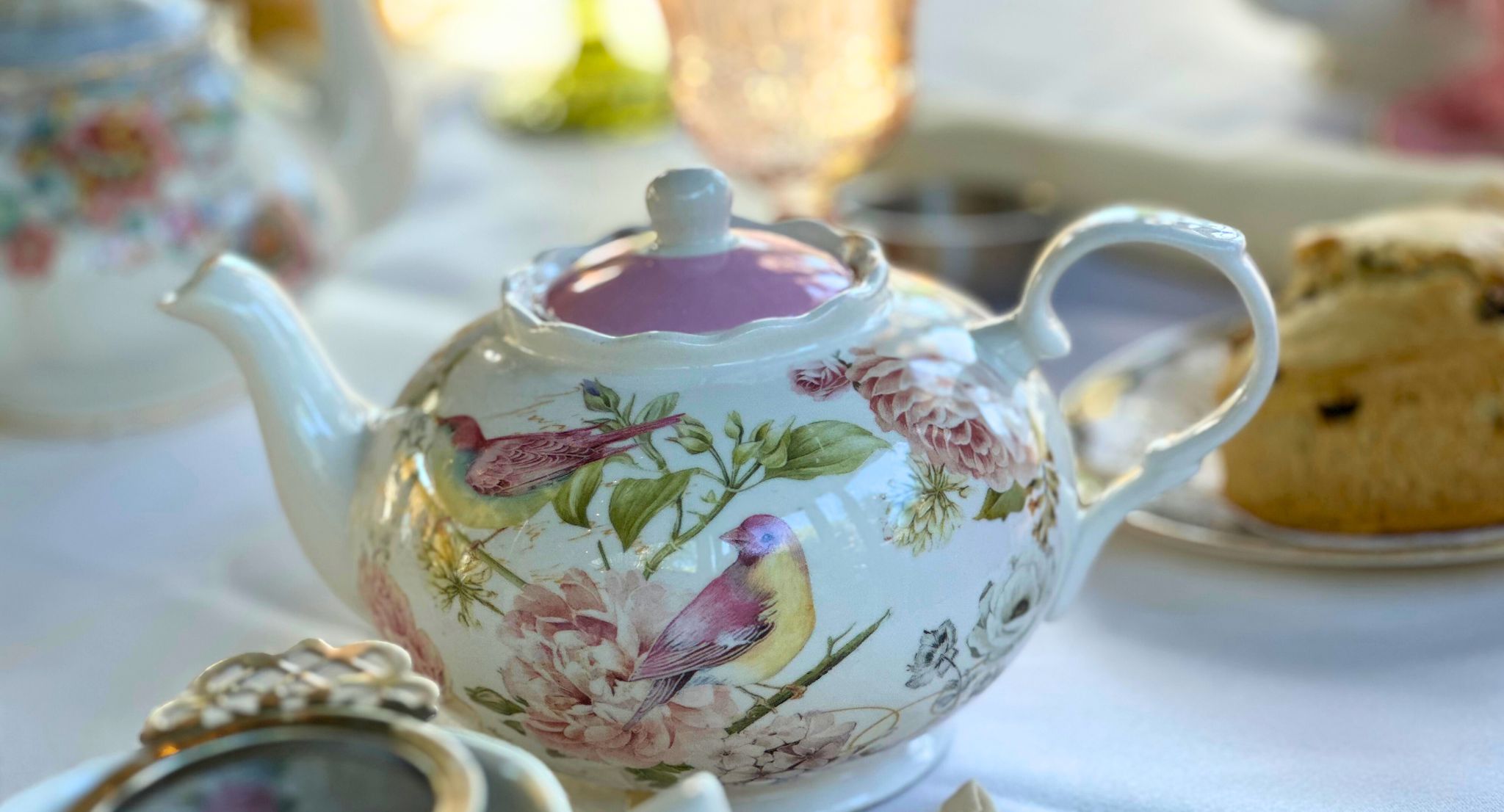Astragalus has been used in traditional Eastern herbalism for thousands of years as an energy tonic. In traditional Eastern herbalism, to “tonify” means to restore energy levels, rebuild strength, and keep the energy pathways in the body open and flowing properly. Modern studies have shown significant improvements in various immune functions with the use of astragalus, such as increased levels of cytokines, enhanced immune cell proliferation, and improved antibody production. In this blog post we’ll discuss this powerful herb and why astragalus may be the best herb to keep your body healthy and happy all summer long.
What are adaptogens and why do we use them?
Adaptogens are herbs that can help support the body against the effects of various stresses, including physical, mental, or emotional stress. Numerous herbal traditions around the world have historically used adaptogens in their herbal formulas, including Ayurveda (rasayana), Malaysian herbalism (jamu), and East European herbalism (toniziruyuzhie sredstva). The herbs are typically referred to as tonics that maintain or normalize bodily functions and restore equilibrium.
The term adaptogen was coined in the 1940s by the Soviet toxicologist & pharmacologist Nikolai Vasilyevich Lazarev. Later in the 1960s, scientists Brekhman and Dardimov proposed a refined definition, referring to adaptogens as non-harmful herbs which “non-specifically increase resistance to harmful factors,” as well as “exert a normalizing influence of body functions” rather than stimulate or otherwise disturb proper functioning. Adaptogens are therefore different from stimulating substances such as caffeine, which may cause a crash or withdrawal after its use.
Currently, there are a number of herbal adaptogens that are getting more attention including Panax ginseng, Rhodiola, Ashwagandha, Eleuthero, Schisandra, Maca, Cordyceps, and of course Astragalus! Most are characterized by the presence of antioxidant and anti-inflammatory biological compounds such as terpenoids, alkaloids, polysaccharides, and flavonoids that protect the body against the effects of stress.
Adding adaptogenic herbs to our diet can also be beneficial towards a wide variety of health and wellness needs, including addressing colds and infections, and nurturing the liver. Using adaptogens like astragalus is a holistic and natural way to support our overall health.
What health benefits does Astragalus have?
Astragalus is known for its fatigue-fighting and stress-managing properties. Studies show that astragalus may be beneficial in helping the body dealing with infection, build strength, and recover from fatigue and even depression.
Astragalus for Stress & Sleep
Regular consumption of adaptogens such as Astragalus elicits small and regular stimulations of the stress response in the body, causing over time a generally decreased predisposition or resistance to a large stress response that would normally cause fatigue or exhaustion.
Astragalus for Immune Support
The Astragalus polysaccharide is an important bioactive component derived from the dry root of Astragalus. This polysaccharide is shown to increase the white blood cells B and T lymphocytes and macrophages. Studies have shown that Astragalus polysaccharide also facilitates the growth and maturation of DC cells, a type of immune cell that is key in activating the immune response.
Astragalus for Depression
At its core, depression is a disorder of energy regulation with consequences in the sensory and nervous system, which results in a brain “locked-in” to depressive symptoms. Higher risk of depression is linked to neuroinflammation and demyelination, or the breakdown of the myelin sheaths that protect the nerve fibers within the central nervous system. The bioactive compounds such as polysaccharides, flavonoids and antioxidants in astragalus have anti-inflammatory and myelin growth promoting properties to help the depressed brain.
Usage of Astragalus and Tips for Healthy Mind
Drinking astragalus herbal tea to support health and wellness is one of the best ways to incorporate adaptogens in our diet! Astragalus herbal tea is caffeine-free and tastes delicious hot or iced. To combat stress in our life, here are some holistic ways to build resilience to stressful physical and mental stimuli.
- Start with small changes in your routine to include exercise, eating anti-inflammatory healthy foods, and getting a full night’s sleep.
- Taking a brisk, 5 to 10-minute walk shortly after feeling stressed, can help calm and deepen your breathing and help relax any tense muscles.
- Reduce your screen time and power off your phone or TV at least one hour before bedtime. Take this time to meditate, relax, or read a book!
References
- Zheng, Yijun, et al. “A Review of the Pharmacological Action of Astragalus Polysaccharide.” Frontiers in Pharmacology, Frontiers Media SA, Mar. 2020. https://www.ncbi.nlm.nih.gov/pmc/articles/PMC7105737/
- Song, Mei-ting, et al. “Astragaloside IV Ameliorates Neuroinflammation-Induced Depressive-like Behaviors in Mice via the PPARγ/NF-ΚB/NLRP3 Inflammasome Axis.” Acta Pharmacologica Sinica, no. 10, Springer Science and Business Media LLC, May 2018, pp. 1559–70. https://rdcu.be/dOgQz
- Stansbury, Jill, et al. “Supporting Adrenal Function with Adaptogenic Herbs.” Journal of Restorative Medicine, no. 1, Association for the Advancement of Restorative Medicine, Sept. 2012, pp. 76–82. https://restorativemedicine.org/journal/supporting-adrenal-function-with-adaptogenic-herbs/
- Tao, Yanlin, et al. “Antidepressant Potential of Total Flavonoids from Astragalus in a Chronic Stress Mouse Model: Implications for Myelination and Wnt/β-Catenin/Olig2/Sox10 Signaling Axis Modulation.” Journal of Ethnopharmacology, Elsevier BV, May 2024, p. 117846. https://doi.org/10.1016/j.jep.2024.117846
- Sánchez, Isabel A., et al. “Adaptogens on Depression-Related Outcomes: A Systematic Integrative Review and Rationale of Synergism with Physical Activity.” International Journal of Environmental Research and Public Health, no. 7, MDPI AG, Mar. 2023, p. 5298. https://www.mdpi.com/2219784
- “Astragalus Information Mount Sinai – New York.” Mount Sinai Health System, https://www.mountsinai.org/health-library/herb/astragalus.
- “Astragalus | Memorial Sloan Kettering Cancer Center.” Memorial Sloan Kettering Cancer Center, https://www.mskcc.org/cancer-care/integrative-medicine/herbs/astragalus.




